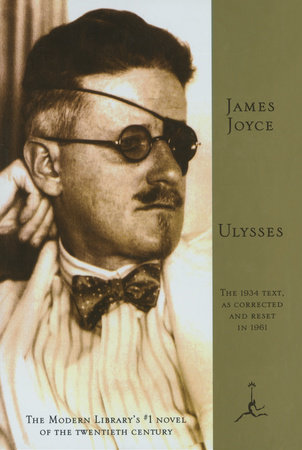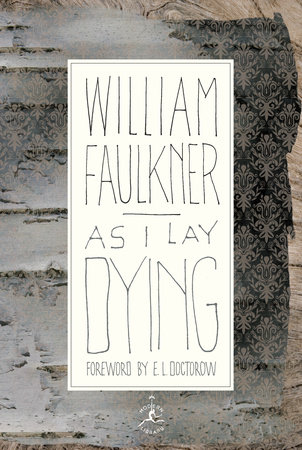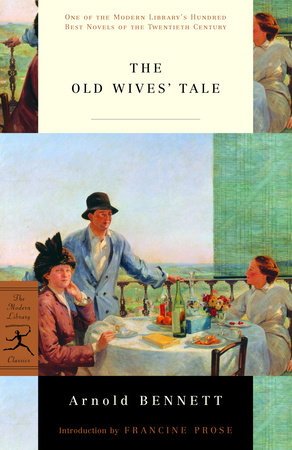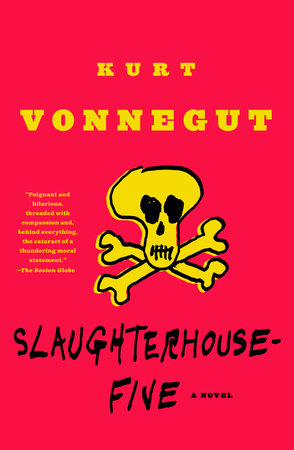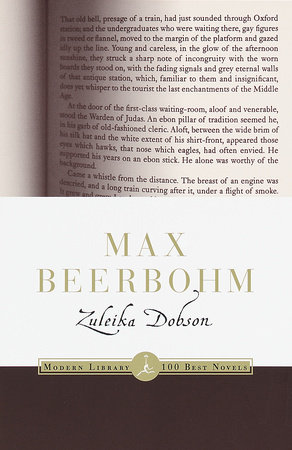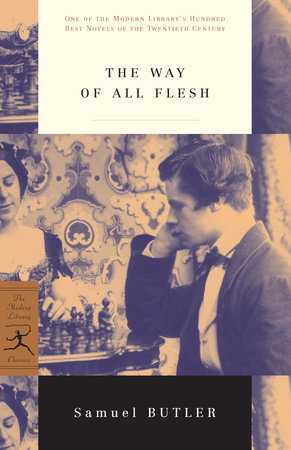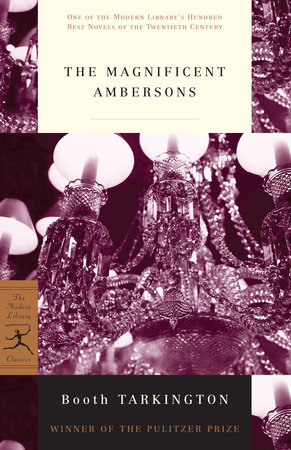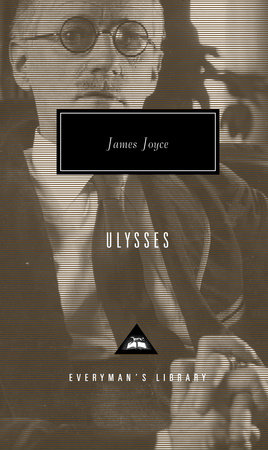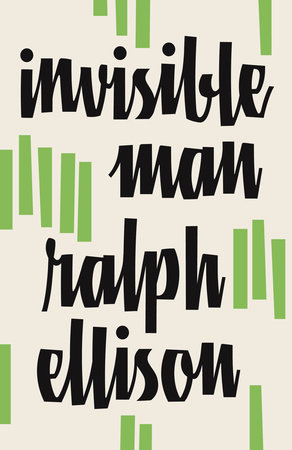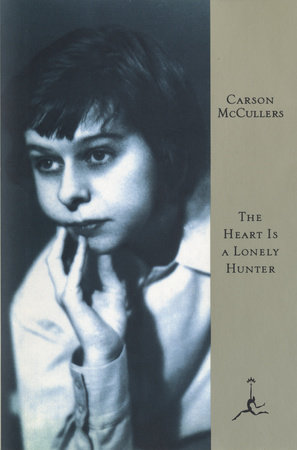Excerpt
Ulysses
STATELY, PLUMP Buck Mulligan came from the stairhead, bearing a bowl of lather on which a mirror and a razor lay crossed. A yellow dressinggown, ungirdled, was sustained gently behind him by the mild morning air. He held the bowl aloft and intoned:
--Introibo ad altare Dei.
Halted, he peered down the dark winding stairs and called up coarsely:
--Come up, Kinch. Come up, you fearful jesuit.
Solemnly he came forward and mounted the round gunrest. He faced about and blessed gravely thrice the tower, the surrounding country and the awaking mountains. Then, catching sight of Stephen Dedalus, he bent towards him and made rapid crosses in the air, gurgling in his throat and shaking his head. Stephen Dedalus, displeased and sleepy, leaned his arms on the top of the staircase and looked coldly at the shaking gurgling face that blessed him, equine in its length, and at the light untonsured hair, grained and hued like pale oak.
Buck Mulligan peeped an instant under the mirror and then covered the bowl smartly.
--Back to barracks, he said sternly.
He added in a preacher's tone:
--For this, O dearly beloved, is the genuine Christine: body and soul and blood and ouns. Slow music, please. Shut your eyes, gents. One moment. A little trouble about those white corpuscles. Silence, all.
He peered sideways up and gave a long low whistle of call, then paused awhile in rapt attention, his even white teeth glistening here and there with gold points. Chrysostomos. Two strong shrill whistles answered through the calm.
--Thanks, old chap, he cried briskly. That will do nicely. Switch off the current, will you?
He skipped off the gunrest and looked gravely at his watcher, gathering about his legs the loose folds of his gown. The plump shadowed face and sullen oval jowl recalled a prelate, patron of arts in the middle ages. A pleasant smile broke quietly over his lips.
--The mockery of it, he said gaily. Your absurd name, an ancient Greek.
He pointed his finger in friendly jest and went over to the parapet, laughing to himself. Stephen Dedalus stepped up, followed him wearily halfway and sat down on the edge of the gunrest, watching him still as he propped his mirror on the parapet, dipped the brush in the bowl and lathered cheeks and neck.
Buck Mulligan's gay voice went on.
--My name is absurd too: Malachi Mulligan, two dactyls. But it has a Hellenic ring, hasn't it? Tripping and sunny like the buck himself. We must go to Athens. Will you come if I can get the aunt to fork out twenty quid?
He laid the brush aside and, laughing with delight, cried:
--Will he come? The jejune jesuit.
Ceasing, he began to shave with care.
--Tell me, Mulligan, Stephen said quietly.
--Yes, my love?
--How long is Haines going to stay in this tower? Buck Mulligan showed a shaven cheek over his right shoulder.
--God, isn't he dreadful? he said frankly. A ponderous Saxon. He thinks you're not a gentleman. God, these bloody English. Bursting with money and indigestion. Because he comes from Oxford. You know, Dedalus; you have the real Oxford manner. He can't make you out. O, my name for you is the best: Kinch, the knife-blade.
He shaved warily over his chin.
--He was raving all night about a black panther, Stephen said. Where is his guncase?
--A woful lunatic, Mulligan said. Were you in a funk?
--I was, Stephen said with energy and growing fear. Out here in the dark with a man I don't know raving and moaning to himself about shooting a black panther. You saved men from drowning. I'm not a hero, however. If he stays on here I am off.
Buck Mulligan frowned at the lather on his razorblade. He hopped down from his perch and began to search his trouser pockets hastily.
--Scutter, he cried thickly.
He came over to the gunrest and, thrusting a hand into Stephen's upper pocket, said:
--Lend us a loan of your noserag to wipe my razor.
Stephen suffered him to pull out and hold up on show by its corner a dirty crumpled handkerchief. Buck Mulligan wiped the razorblade neatly. Then, gazing over the handkerchief, he said:
--The bard's noserag. A new art colour for our Irish poets: snotgreen. You can almost taste it, can't you?
He mounted to the parapet again and gazed out over Dublin bay, his fair oakpale hair stirring slightly.--
----
--God, he said quietly. Isn't the sea what Algy calls it: a grey sweet mother? The snotgreen sea. The scrotumtightening sea. Epi oinopa ponton. Ah, Dedalus, the Greeks. I must teach you. You must read them in the original. Thalatta! Thalatta! She is our great sweet mother. Come and look.
Stephen stood up and went over to the parapet. Leaning on it he looked down on the water and on the mailboat clearing the harbour mouth of Kingstown.
--Our mighty mother, Buck Mulligan said.
He turned abruptly his great searching eyes from the sea to Stephen's face.
--The aunt thinks you killed your mother, he said. That's why she won't let me have anything to do with you.
--Someone killed her, Stephen said gloomily.
--You could have knelt down, damn it, Kinch, when your dying mother asked you, Buck Mulligan said. I'm hyperborean as much as you. But to think of your mother begging you with her last breath to kneel down and pray for her. And you refused. There is something sinister in you . . .
He broke off and lathered again lightly his farther cheek. A tolerant smile curled his lips.
--But a lovely mummer, he murmured to himself. Kinch, the loveliest mummer of them all.
He shaved evenly and with care, in silence, seriously.
Stephen, an elbow rested on the jagged granite, leaned his palm against his brow and gazed at the fraying edge of his shiny black coat-sleeve. Pain, that was not yet the pain of love, fretted his heart. Silently, in a dream she had come to him after her death, her wasted body within its loose brown grave-clothes giving off an odour of wax and rosewood, her breath, that had bent upon him, mute, reproachful, a faint odour of wetted ashes. Across the threadbare cuffedge he saw the sea hailed as a great sweet mother by the wellfed voice beside him. The ring of bay and skyline held a dull green mass of liquid. A bowl of white china had stood beside her deathbed holding the green sluggish bile which she had torn up from her rotting liver by fits of loud groaning vomiting.


